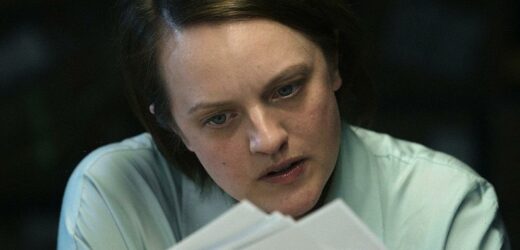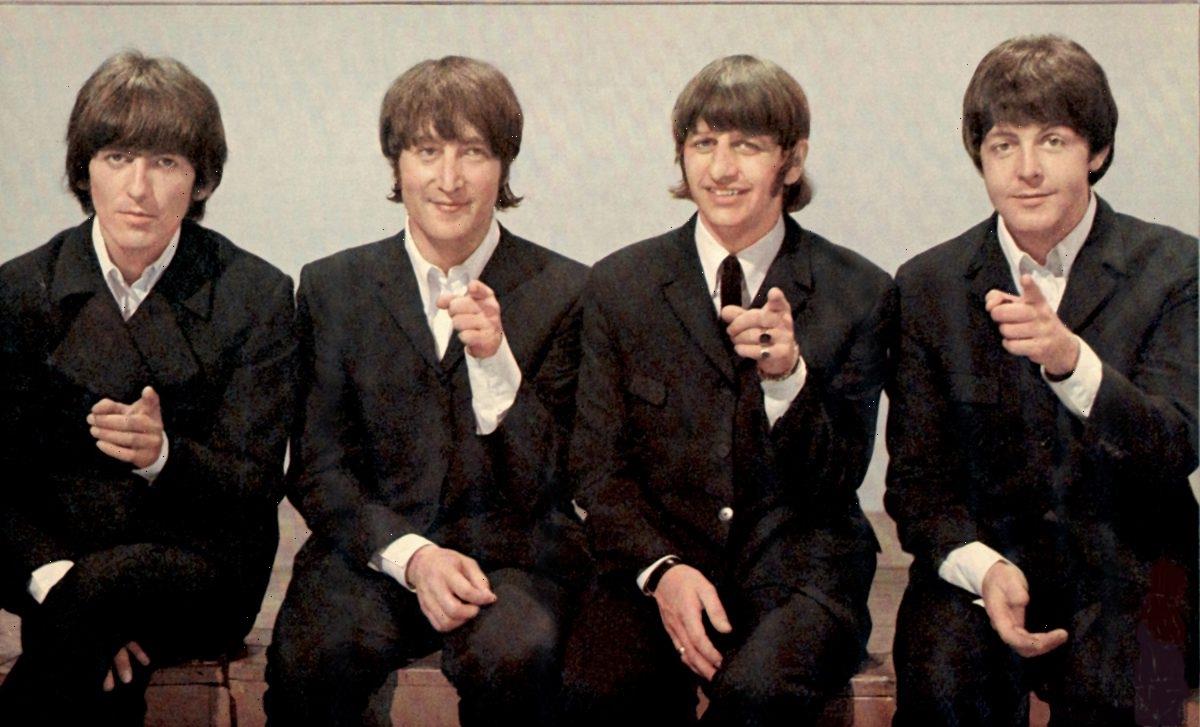There’s a moment late in the run of Apple TV+’s new limited series “Shining Girls” in which one character puts forward an urgent question, and gets a mind-bending answer. “Is he going to kill me?” one woman asks. “He already has,” the other responds. “Just not yet.”
By this point in a show that’s full of such temporal games, audience members may find that their interest has already faded, even as the ending has not yet arrived. Elisabeth Moss acts in, executive produces, and directs episodes of this adaptation of Lauren Beukes’ novel that hops among timelines — and she does her jobs elegantly. (Other episodes are directed by Michelle MacLaren and Daina Reid, and the show was created by Silka Luisa.) The problem seems to be in the source material, and the way it overlays a format — the short-run limited series that ends up stretching to fill needless hours — to which the TV industry seems to have become addicted.
Here, Moss plays Kirby Mazrachi, an archivist for the Chicago Sun-Times who has lived through the trauma of assault; that incident in her past has left her uncertain what her present even is, as she shifts through timelines. It’s an unhappy existence in a punishing multiverse, as Kirby finds herself suddenly, say, married to a man she doesn’t recall ever having met, or unable to call to mind fundamental elements of her own story. “These are very basic questions,” a journalist (Wagner Moura) tells Kirby after running through some simple points about her trauma, ones that she can’t answer. Moss, with by-now familiar Mossian fury, rages, “For you!”
For her, then, things are tricky. And Moss, as the common element in the timelines, provides a uniting sense of personality in all Kirby’s different lives, playing her as an individual who has grown weary of being misled and confused. It’s a turn with less wild emotional swings than her “Handmaid’s Tale” performance, and that serves it well. On Hulu’s dystopian drama, Moss’ character is endlessly jerked around, through triumphs and tragedies that perennially reverse themselves. Here, though, Kirby’s leaps through time come to seem a bit like window dressing on a story that’s surprisingly linear, moving towards solving the mystery of her selves.
But that linear journey can come to feel, well, a bit plodding. There’s good stuff here: Alongside Moss, Moura as the journalist aiding her, and Jamie Bell as the personification of human venality pursuing her, do fine work. But there’s simply not enough story here to make for a credible eight-episode series, which means that things lumber when they should soar, and every story point is overexamined. To wit: A deep-in-the-series flashback episode that laboriously does the work of explaining things ends up saying more about the imperatives to keep producing more television than it does about the story of Kirby Mazrachi. There’s a gleam of good story, well-told, within “Shining Girls.” But surrounded by too much material, it less shines than flickers.
“Shining Girls” premieres on Apple TV+ on Friday, April 29.
Source: Read Full Article


